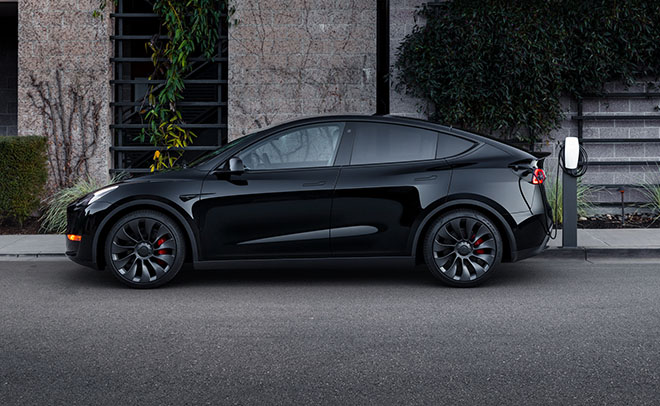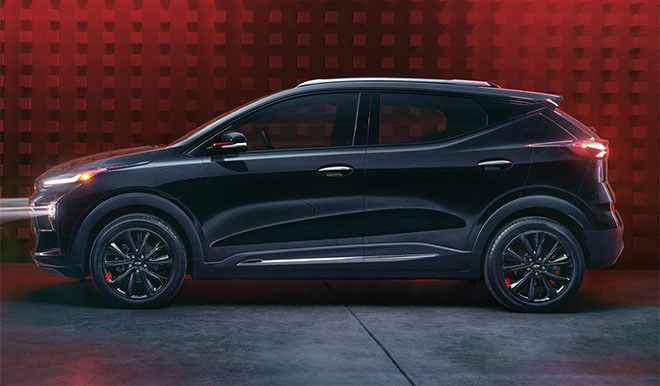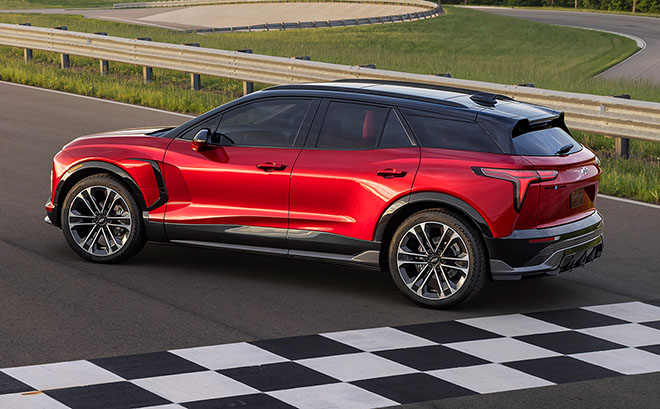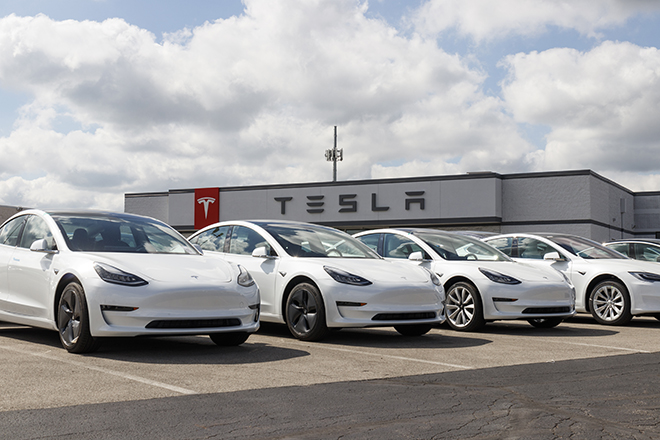The legacy auto industry is crying the blues—US new-vehicle sales in the second quarter were up only a tiny bit from the previous quarter, and down over 20% from Q2 2021. However, the new auto industry is doing very well, thank you. Kelley Blue Book tells us (via Cox Auto) that sales of pure EVs soared to 196,788, a record high and a 13% increase from Q1.
KBB’s Q2 Electrified Light Vehicle Sales Report contains estimated Q2 sales figures for all electrified models (EVs, PHEVs, hybrids and fuel cell vehicles) on the US market, and it’s mostly cheerful reading.


Tesla remains the Bob Marley of electric cars, although its share of the EV segment is shrinking as more and more new EVs enter the market—the company’s 66% EV market share in Q2 represents a 9% decrease from Q1. The automaker’s newer vehicles have eclipsed their elders—Model Y took 30.4% of the US EV market, and Model 3 grabbed 27.8%, while Model S scored 4.6% of the segment and Model X 3.3%. However, all Tesla models delivered year-on-year sales growth ranging from respectable (X) to spectacular (3 and S).
Cox Auto also notes that in Q2, Tesla was the top-selling luxury brand in the US, outselling Audi, BMW, Cadillac, Lexus, Mercedes et al.
Tesla’s competition is growing rapidly. In Q2 2021, there were 19 EV models for sale in the US. A year later, that number has climbed to 33. New EV models accounted for nearly 30,000 sales in Q2.
The hottest new entrant was the Hyundai Ioniq 5, which logged 7,448 sales in Q2, followed closely by its sister model, the Kia EV6, which sold 7,287.
The best-selling non-Tesla was the Ford Mustang Mach-E, which sold 10,941 units to take 5.6% of the EV segment.
The Bolt is back—after a months-long production pause due to battery problems, the Chevy Bolt EV and EUV sold almost 7,000 units in Q2 to take a respectable 3.5% market share.


Arguably the biggest news of all is that EVs’ share of the overall US auto market climbed to 5.6% in Q2, double the year-ago figure (electrified vehicles as a whole accounted for 12.6%).
Bloomberg believes that this 5% market share represents a tipping point, and portends a rapid transition to the mass-market phase. According to Bloomberg’s analysis, this trend has held true in 18 countries, and the US is poised to be the next nation to join the plug-in club. Alas, we’re more skeptical—almost every one of today’s top EV countries turbocharged the market with a strong program of federal incentives and emissions standards, and this isn’t in the cards for the US. Unless our country makes an unexpected political about-face, we’re likely to continue falling farther and farther behind Europe (where BEVs account for over 10% of the market) and China (20%).


High prices remain a major impediment to EV adoption, although the reality is not as dire as Kelley’s analysis makes it sound. According to KBB, the average price for a new EV in June was over $66,000, compared to the industry average of $46,000. However, these numbers are misleadingly skewed by the large number of high-priced, low-volume EV offerings. The 2023 LEAF is going for $27,800, the 2023 Bolt starts at $26,595, the Tesla Model 3 starts at $46,990, and the Chevy Blazer EV will theoretically cost around $45,000 when it hits the market in 2023.
On the supply side, shortages of semiconductors and soaring prices for lithium and other raw materials are holding back sales. Tesla, Ford and Volkswagen all report that they could have delivered more EVs in Q2 if they had been able to build them faster. “The transformation is real,” Ford CFO John Lawler told the New York Times. His company’s Q2 EV sales increased by 140% from a year earlier. “Electric vehicle demand is well beyond what we can supply.”
Source: Kelley Blue Book via Cox Auto, New York Times


















































